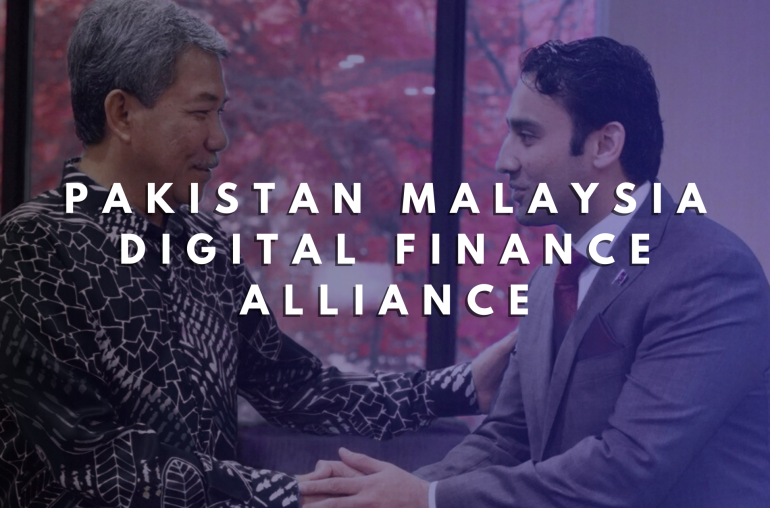Key Takeaways:
- Pakistan’s real estate market has major risks like fraud. This makes many investors nervous.
- Real estate tokenization is a new technology. It offers a safer and more transparent way to invest in property.
- Property tokens are backed by real buildings. This makes them more secure than speculative cryptocurrencies.
- This new method is being tested in Pakistan. It has approval from the SECP regulatory sandbox.
Investing in Pakistani property can feel like a gamble. The stories of fraud and fake records are enough to scare anyone away.
But while most people focus on the problems, a new solution called real estate tokenization is emerging. This powerful approach, which regulators are already starting to approve, uses technology to make property investing transparent, secure, and accessible for everyone.
A Better Way to Invest in Property
The main problem in Pakistan’s real estate is not the property itself. It’s the untrustworthy systems for managing it. This is where a modern solution comes in.
What does this mean in simple terms?
Think of it like owning shares in a company. Instead of buying a piece of a business, you buy a small piece of a property. This could be an apartment or a commercial building.
This digital share is called a token. It gives you a legal and clear way to own property without the usual headaches.
Learn more: From Crypto-Curious to Crypto-Confident: The Tech That’s Changing Everything
Is This Another Risky Cryptocurrency?
This is a very important question. The answer is no. Property tokens are completely different from cryptocurrencies.
Speculative cryptocurrencies often have no real asset behind them. Their value can swing wildly based on hype, which is what makes people nervous.
Property tokens are different. They are backed by something you can see and touch, like a real building. This makes them a more secure and stable digital asset.
You aren’t just buying code; you are buying a piece of actual real estate. It’s a much safer way to enter the world of digital property investment.
How Blockchain Can Solve Property Fraud in Pakistan
This new method uses blockchain and digital agreements called smart contracts.
Every transaction is recorded on a permanent digital ledger. This includes buying a token or receiving rental income.
This record is public and cannot be changed. This feature directly fights the property fraud that Pakistan has struggled with for years.
These agreements are automatic and transparent. They manage everything without needing expensive middlemen, which builds trust.
Is This Legal in Pakistan?
Yes. The Securities and Exchange Commission of Pakistan (SECP) has taken positive steps. They launched a Regulatory Sandbox.
This is a safe, government-approved testing ground for new financial tech.
In 2024, tokenized property investment was included. This means a legal framework is being built for these digital tokens, and they are becoming a recognized form of investment in Pakistan.
Other countries like the US, Germany, and the UAE already use this system successfully. Their success gives Pakistan a great roadmap for building trust and attracting investors.
The Future of Digital Property Investment in Pakistan
New local platforms are preparing to offer these opportunities. They want to reach a global audience, including overseas Pakistanis.
This approach allows small-scale investors to join the market. In the past, this market was only for the very wealthy.
It promises a more transparent and fair real estate sector for everyone.
Conclusion
The path forward needs more legal clarity and public awareness. But the foundation is already here.
Real estate tokenization is more than a tech upgrade. It is a reform that can restore confidence. It can also formalize a huge part of Pakistan’s economy.
The technology is ready, and the need is urgent.
What are your thoughts on this new way of investing in property? Share your thoughts in the comments below!




